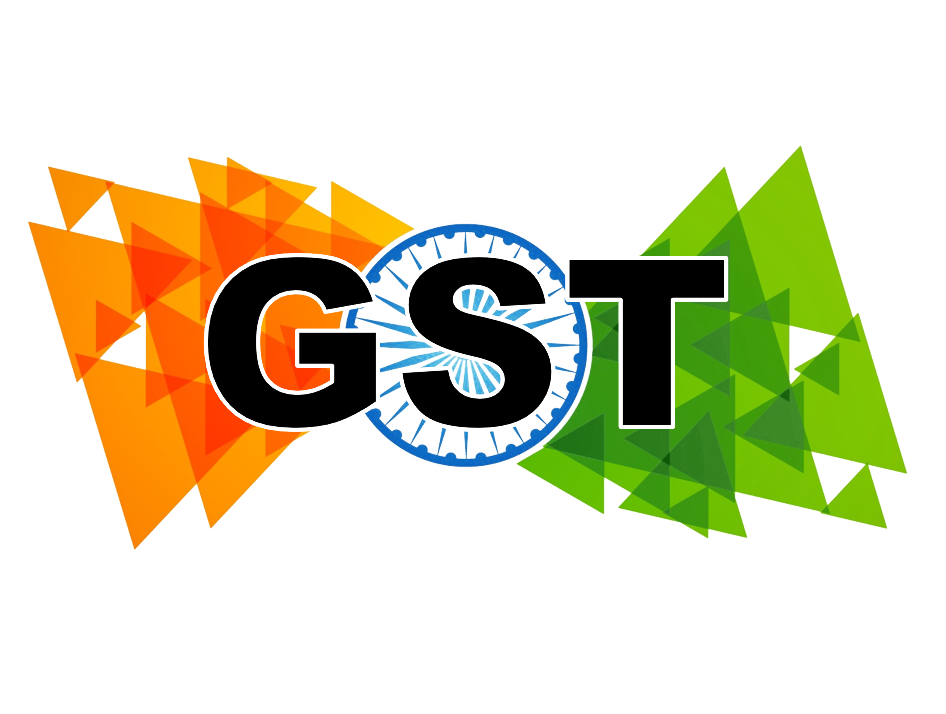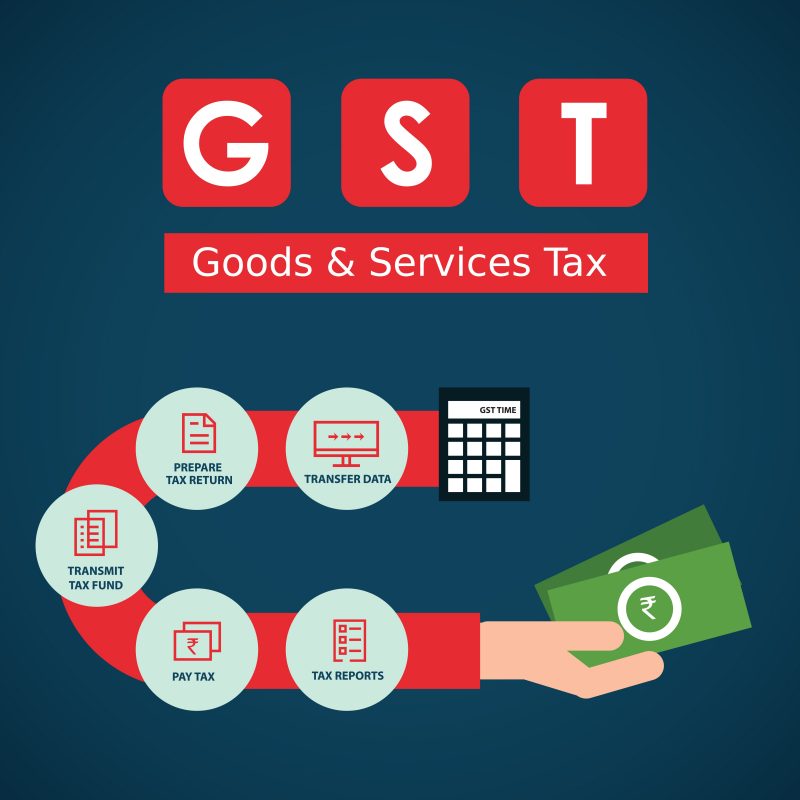 Goods And Services Tax(GST)
Goods And Services Tax(GST)
GST (Goods and Services Tax) is the biggest indirect tax reform of India. GST is a single tax on the supply of goods and services. It is a destination based tax. GST will subsume Central Excise Law, Service Tax Law, VAT, Entry Tax, Octroi, etc.
Need for GST in India:
Introduction of GST is considered to be a significant step in the reform of indirect taxation in India. Amalgamating of various Central and State taxes into a single tax would help mitigate the double taxation, cascading, multiplicity of taxes, classification issues, taxable event, and etc., and leading to a common national market. VAT rates and regulations differ from state to state. On the other hand, GST brings in uniform tax system across all the states. Here, the taxes would be divided between the Central and State government.Benefits of GST:
| To trade | To Consumers | |
| Reduction in multiplicity of taxes | Simpler Tax system | Create unified common national market for India, giving a boost to Foreign investment and “Make in India” campaign |
| Mitigation of cascading/ double taxation | Reduction in prices of goods & services due to elimination of cascading | Boost export and manufacturing activity and leading to substantive economic growth |
| More efficient neutralization of taxes especially for exports Development of common national market | Uniform prices throughout the country Transparency in taxation system | Help in poverty eradication by generating more employment Uniform SGST and IGST rates to reduce the incentive for tax evasion |

